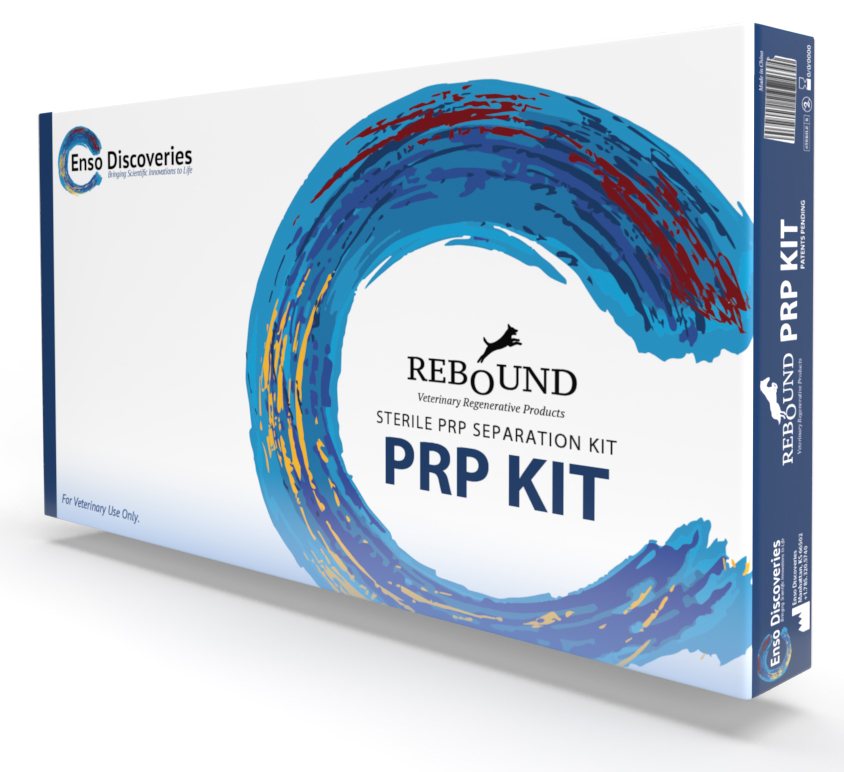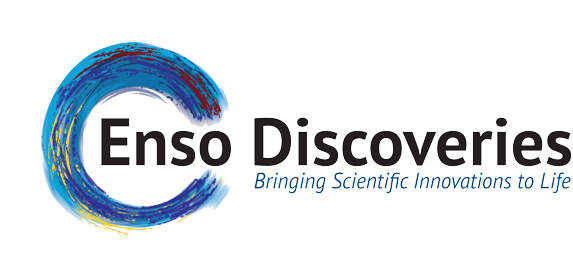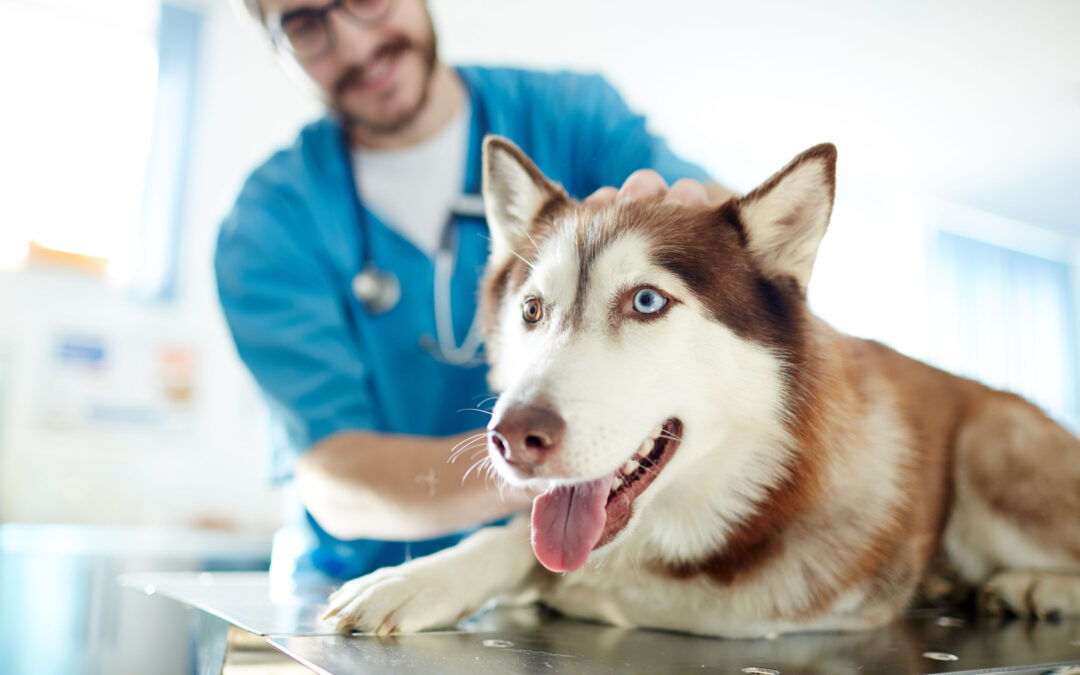Planning to treat a patient with PRP? Check their medications first!
A recent systematic review from Virginia Commonwealth University examined various drugs and their impact on platelet function. Here is a summary of their findings:

ASPIRIN: virtually any dose of aspirin, including baby aspirin, can affect platelet function. Thus, aspirin should be stopped for 7 days before PRP therapy.
ACETAMINOPHEN: only one study evaluated the influence of Tylenol on platelet function. They found a mild impact on platelet function when dosed at 15mg/kg. This would be equivalent to 2.25 extra strength pills for an adult weighing 75kg (165lb). At higher doses there was a much more profound effect on platelet function (see graph below). Conclusion: acetaminophen can affect platelet function, especially at higher doses. Erring on the side of caution, it is prudent to minimize acetaminophen use prior to PRP therapy.
NON-SELECTIVE NSAIDS: several papers have shown that non-selective NSAIDs can have serious impact on platelet activation. Results are similar for ibuprofen, naproxen, diclofenac, and others – that is, platelet activation reduced from 80% to less than 5%. Similar to aspirin, non-selective NSAIDs should be withheld for 7 days prior to PRP therapy.

Rebound PRP Kit
“PRP beneficially reduces inflammatory response in PMIE mares independent of when treatments were administered, thus increasing chances of successful pregnancy.”

Choose your distribution partner!
COX-2 SELECTIVE: unlike the non-selective NSAIDs, the COX-2 selective drugs, such as firocoxib, meloxicam, and celecoxib, do not appear to have much, if any, impact on platelet activation. Thus, there appears to be no concern using these drugs with PRP therapy.
STATINS: results for statins depends on the drug. For example, simvastatin and atorvastatin did not significantly impact platelet function, whereas pravastatin did. Thus, prior to PRP therapy, patients that require a statin should probably be switched to one that does not affect platelet function.
Follow this link for the full article:

